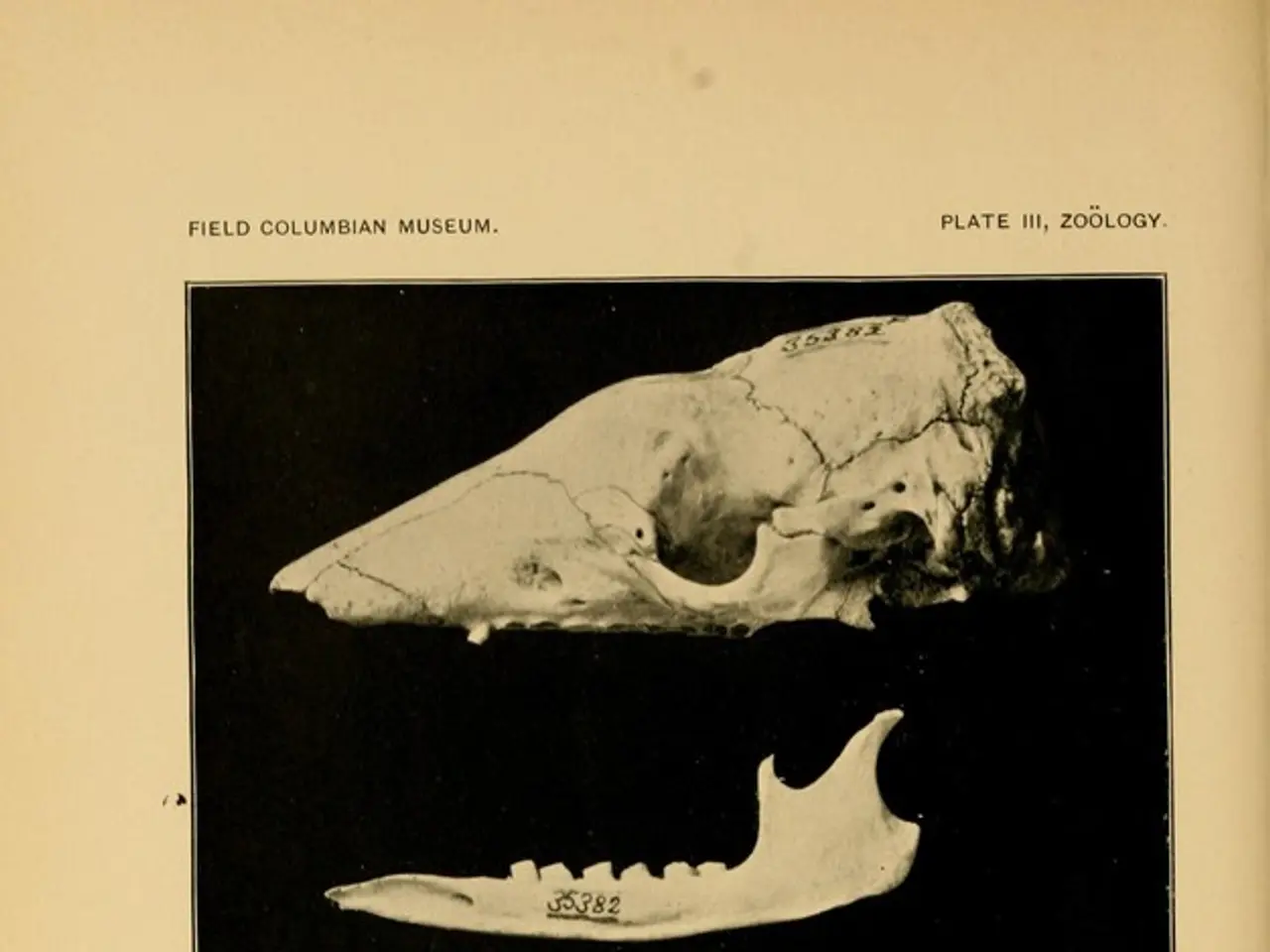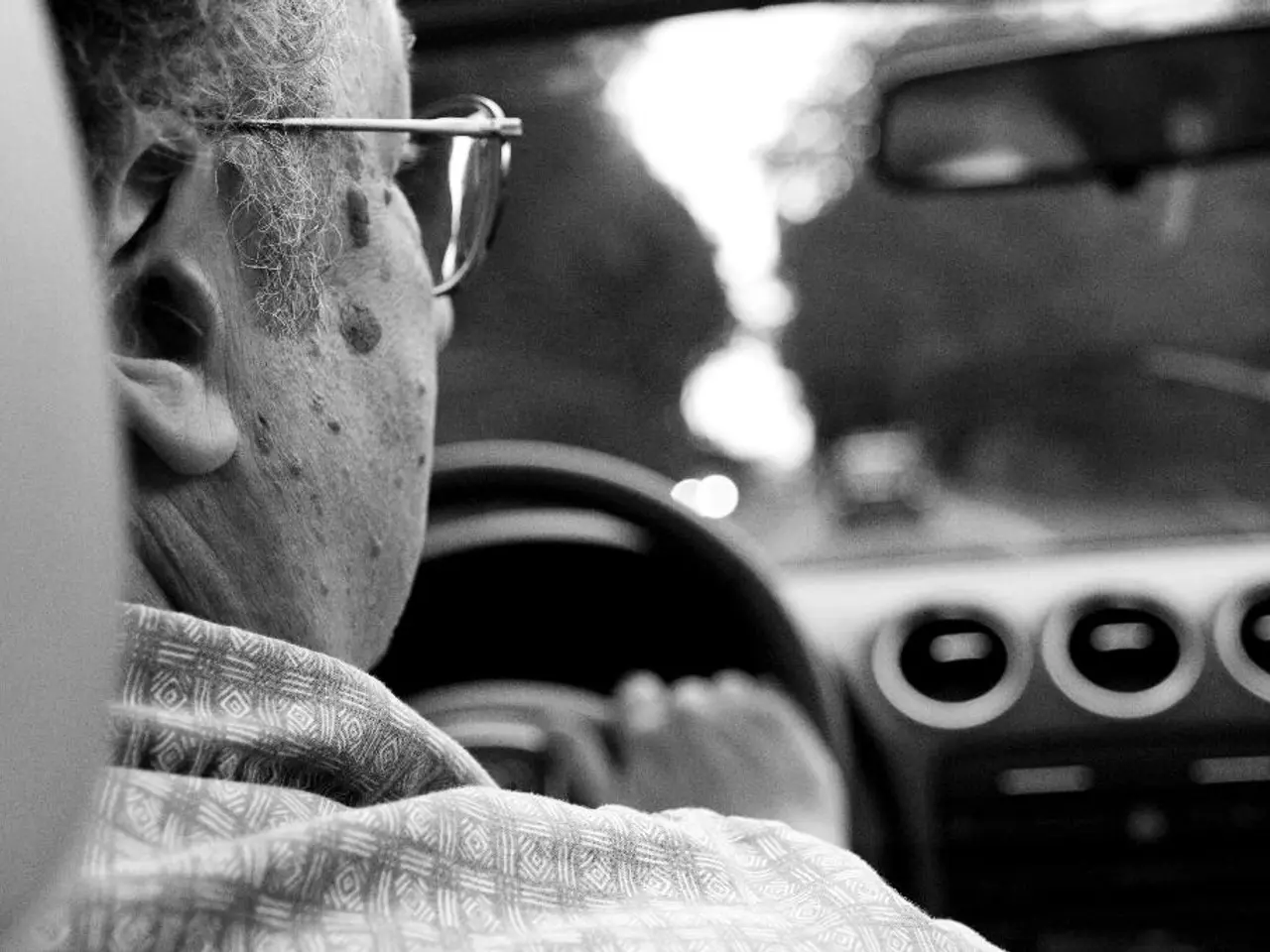Expecting Mother with Hepatitis C: Critical Information You Should Be Aware Of
Hep C: An Unwelcome Visitor in the Liver
Hepatitis C, like a hidden invader, is a viral infection that makes its home in our liver, caused by none other than the hepatitis C virus (HCV). While some cases spontaneously vanish, almost 60% of the cases can develop into a long-term infection.
Neglecting treatment could lead to severe consequences, such as liver damage, scarring (cirrhosis), or even liver cancer—not exactly a walk in the park.
If you're a parent-to-be or about to become one, and you've recently been diagnosed with hep C, you might worry about passing it to your child. Here's what you need to know.
Can I pass hep C to my baby?
In a nutshell, it's remarkably uncommon, but it does happen. However, children and fetuses can contract hep C, and this transmission usually takes place during childbirth. If you, the birthing parent, have hep C, you have a 5% chance of passing it to your newborn baby.
Bear in mind that the medical community is not completely certain about the exact moment of transmission.
In addition, while experts can confirm that HCV can be passed to infants during childbirth, they are still figuring out ways to prevent or minimize the chances of transmission to the baby if the mother is infected with hep C. For instance, C-section deliveries do not seem to lower the chances of the baby developing the viral infection.
Transmission Routes
You can transmit hep C by coming into direct contact with the blood of someone who has hep C. This is how the most common method of spreading or acquiring hep C occurs: by sharing needles and injection equipment to prepare and administer drugs.
You can also get hep C through accidental needle pricks, contaminated tattoos or piercings, shared personal care items like razors or toothbrushes, and unprotected sexual intercourse.
Back in the day, before 1992, hep C could be transmitted through organ transplants and blood transfusions. Now, the risk has significantly reduced due to routine testing.
Diagnosing Hep C in Children
Hep C is diagnosed in children in much the same way it is in adults. However, if the mother is aware of her hep C infection during pregnancy, experts do not typically recommend testing the child until they are at least 18 months old.
The reason? Antibodies can be passed from mother to child until around 18 months. Since the initial testing for hep C is an HCV antibody test, testing before 18 months could affect results.
The pediatrician will begin by performing a physical exam, gathering a medical history, and using an HCV antibody test for initial screening. If the test comes back positive, the doctor will follow up with an HCV-PCR test to determine whether the child has hep C.
If the mother is eager to know her child's status during pregnancy and wants to discuss postnatal testing, she can speak to a doctor about ordering an HCV viral test when the child is three months old at the earliest. This is because there can be high rates of temporarily positive tests in children under three months old.
Treating Hep C in Children
Yes, hep C can be treated in kids.
In around 40% of cases, a child's immune system clears the HCV on its own. This usually happens before the child turns two. So, for the first few years of life, treatment typically involves regular monitoring by a pediatric hepatologist to check the child's liver function and growth.
They may also recommend vaccinations against hepatitis A and B to lower the child's risk of liver damage.
If the child does not clear the HCV by three years old or shows signs of liver disease, they will begin treatment with direct-acting antiviral therapy.
If treatment fails, they may become eligible for a liver transplant.
Looking Ahead
Kids generally handle treatment well. In fact, 90% to 95% of children with genotype 1 hep C will have no detectable viral load in their blood after 12 weeks of treatment. Children can also spontaneously clear hep C until their seventh birthday.
Even if children develop chronic hep C, only around 20% show any or severe scarring of the liver as early as their eighth birthday. Children with hep C can lead active, healthy lives as long as they avoid alcohol. However, there has not been much research into the long-term effects of hep C in children.
- Despite the low likelihood, hepatitis C can be transmitted to a newborn during childbirth, with a 5% chance if the birthing parent is infected.
- The medical community is still investigating ways to prevent or minimize the risk of transmission of hepatitis C to the baby in such cases.
- If a child contracts hepatitis C, they can be treated with direct-acting antiviral therapy if their immune system does not clear the virus on its own, and in most cases, they can handle treatment well, with around 90% to 95% having no detectable viral load after 12 weeks of treatment.




